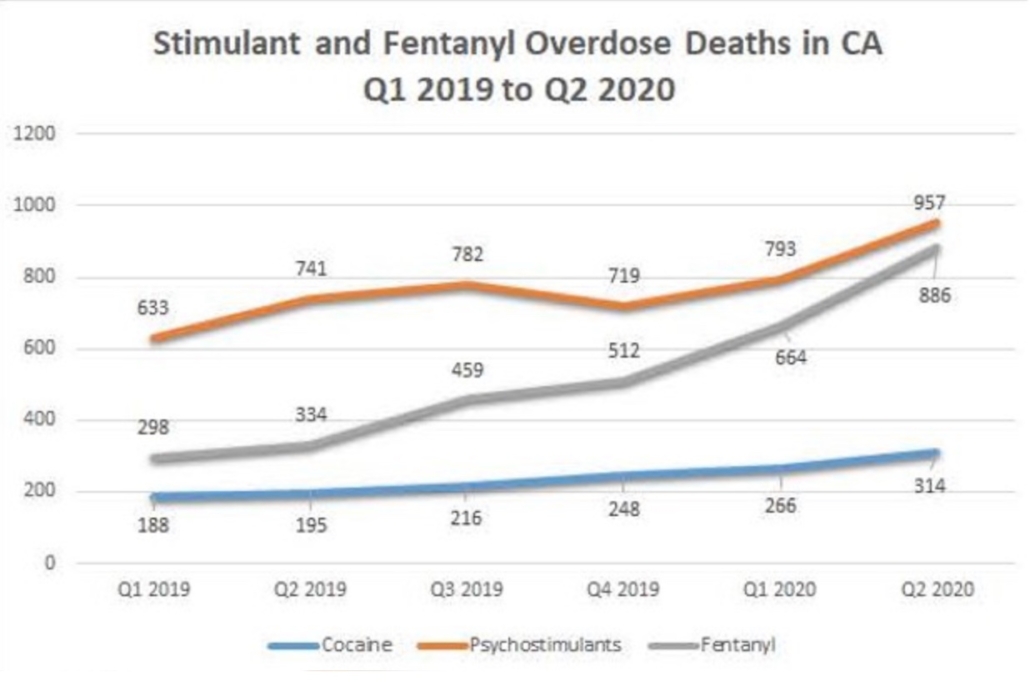Looking Out For The Signs Of Alcoholism
The signs of alcohol use disorder can be clear in some cases, but there are also other instances when things aren’t as obvious and the signs are much more subtle. Determining whether or not a person is suffering from alcohol use disorder can be complicated because signs of alcoholism come in different forms and feature various stages. An individual who consistently drinks and is often intoxicated may appear to be suffering from alcoholism, but is that really the case? Here’s what to look out for when it comes to alcohol use disorder.
The Early Warning Signs
Alcoholism isn’t something that occurs overnight. It’s a lengthier process that has warning signs to start and progress over time if left unchecked. Below are the initial signs of alcoholism:
- Frequent drinking or drinking in large amounts when doing so
- Prioritizes drinking over obligations like work
- Drinking in risky situations
- Different personalities when intoxicated
Those who consistently exhibit these early signs are expected to further progress into alcoholism. They likely have an issue with drinking and should consider attending an alcohol addiction treatment program.
Behavioral Signs of Alcohol Use Disorder
Those who suffer from alcoholism will also begin to display certain behavioral cues. Alcohol becomes a bigger priority and much of your life starts to revolve around it. Many of your thoughts will be about alcohol and your desire for it will heighten. This leads to a vicious cycle of craving and consuming alcohol, and wanting for more. This desire for more comes from increased tolerance to alcohol. Those who are increasingly tolerant of alcohol need more of it to achieve the same effect.
Alcoholism and its Physical Signs
Alcohol use disorder doesn’t just affect a person’s behavior, it will also change them physically. Because a person suffering from alcoholism is drinking more frequently than they are eating, they will lose weight. Broken blood vessels in the nose and cheek areas are another common occurrence in people with alcoholism. A person may also start to have shakiness in their hands or in other places. One of the clearest physical effects that alcoholism can have is withdrawal symptoms. The severity of withdrawal symptoms will be dependent on how much a person drinks. While mild cases of withdrawal are serious and should be treated with the utmost caution, severe withdrawal is especially dangerous due to symptoms like seizures, hallucinations, and high blood pressure putting the health of the individual at risk.
Signs for Functioning Alcoholics
It can be difficult for functioning alcoholics to acknowledge that they have a problem because their behavior isn’t as obvious as those with more severe cases of alcohol use disorder. Functioning alcoholics don’t drink as much and can control their behavior when they’re out at social functions and having interactions. They also are still able to go about their life fulfilling their obligations, such as work. While it may appear at the surface that functioning alcoholics are just fine, this isn’t the case. There’s still a reliance on alcohol from this group of people. For functioning alcoholics, alcohol is more than just something to be enjoyed. Whether it’s for relaxation or a boost of confidence, functioning alcoholics are reliant upon alcohol to fulfill some sort of need.
Alcohol is one of the most frequently abused substances in the country. Its wide societal acceptance makes it a difficult challenge for those who suffer from alcohol dependence to admit they have a problem and overcome their addiction. Those recovering from alcohol use disorder will need proper guidance and support to take on such a challenge. At Twin Town Treatment Centers, we operate six drug and alcohol treatment centers throughout the Los Angeles and Orange County area, including one in Laguna Hills, where our certified staff tirelessly work to ensure a safe and welcoming environment for those beginning their journey toward recovery from substance abuse. Get in touch with us by calling us at (866) 594-8844 or filling out our online form to get started today. Our team of drug and alcohol treatment professionals will provide you with a no-cost interview and assessment for alcohol and drug issues.












